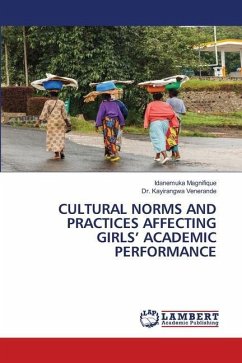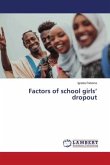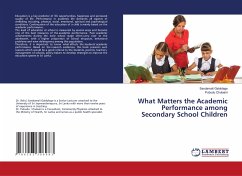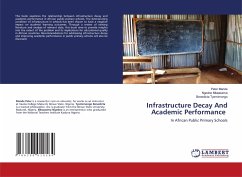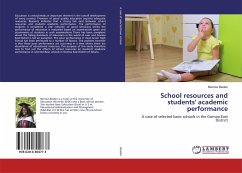Since 2002, effective progress has been made to booster girls' enrolment in schools. However, a big number of girls worldwide remains out of school due to cultural norms and practices. This research examined the influence of cultural norms and practices on girls' academic performance in Rwandan secondary schools specifically in Nyanza district. In order to achieve the expected objectives, the current research gathered data using interview guides, questionnaires and documentation. A descriptive research design has been used. Quantitative data was presented, analyzed and interpreted using the Statistical Package for Social Sciences (SPSS). Qualitative data was presented and analyzed in form of extracts, explanations and interpretations. In addition, this study was guided by the cultural deficit theory. Although previous studies revealed that girl's education plays a great role in the country's development, the findings of the current paper evidenced that early marriage, gender disparity, domestic duties, girls' pregnancies, child labor and hawking are cultural norms and practices affecting girl's education and cause them to perform poorly in Rwandan secondary schools.
Bitte wählen Sie Ihr Anliegen aus.
Rechnungen
Retourenschein anfordern
Bestellstatus
Storno

